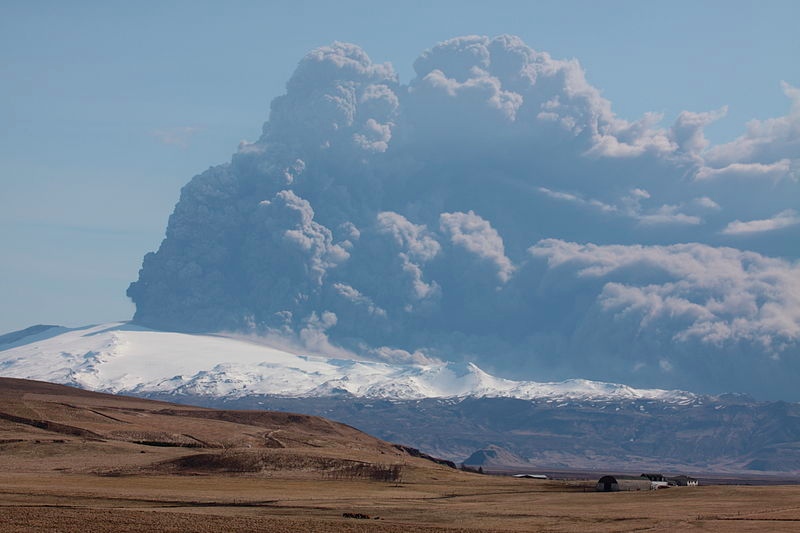Losing our loved ones is never easy but when distance intervenes, too the heartbreak is tainted with guilt. Apply Gidley’s tale of losing her father reflects a painful reality of expat life and expat death.

By Apple Gidley
The list of where I've been is long, from Papua New Guinea to Equatorial Guinea with many countries in between. It's been a nomadic life that started with my first posting – at one month old – to Kano in Northern Nigeria: a life of expat living. An exciting and privileged life full of different cultures and peoples, a roaming life.
But for the expat, dying is different.
Distance precluded the drama of my grandparents dying. Forty years ago there was never any question of flying back from the depths of Africa. Flowers were sent, quivering lips stilled and life in a foreign land continued stoically.
But with the jet age has come the need to attempt to get "home" in time for death. Assuming, of course, the death is anticipated. When it is not, the guilt of living la vida loca is palpable.
And death sometimes occurs the other way around. When the expat is doing the dying, the agony is often deeper and angrier, for those at "home".
Along with the ease of travel has come an expectation that we can get wherever we need to be with the swipe of a credit card and a hastily packed carry-on. But life and death don't always play fair.
For the past few years, I have been part of what the experts call "the sandwich generation". My children became young adults based in England along with their five grandparents, and we were across the Atlantic.
No amount of preparation is enough for the phone call that bounces through the stratosphere. Death five times in the last four years has been difficult.
"Cancer. A couple of months," the doctor told me. "No need to panic, get here when you can, but probably sooner rather than later."
My work in Houston is not vital. The stock exchange will not shatter, the bayous will not dry up. And the beauty of being a writer is that a notebook, whether electronic or paper, can be taken anywhere.
But I was stymied by a volcano with a name that few broadcasters on either side of the Atlantic can pronounce, spewing angry ash into the heavens. Airspace was closed but it was OK, I had two months. Maybe.
I phoned the hospital daily for four days. My father sounded more relaxed now he no longer had to pretend all was well.
"Hi Pops," I said when I phoned. "How are you doing? Are the nurses nice?"
"Hello Sweetie," he replied. "Yes they are very kind. I'm allowed a glass of whisky in the evenings now."
"Oh that's great! Taking your pills without it would probably kill you," I joked.
He laughed. "Are you coming soon, Sweetie?"
"Yes Dad, as soon as the ash clears I'll be there."
As we signed off, promising to speak the next day my father said: "Those bloody Icelanders – first their bank and now their volcano!"
I laughed and I never spoke to him again. The next morning, as airlines and governments deemed it safe to fly, he died. Five days after his diagnosis, and prognosis.
"Thank God, it was mercifully quick," my mind says. "No, no, no," my heart cries, "I didn't say goodbye."
Being on the first flight out of Houston meant nothing. My mother's words came back to me as I watched the flight map blip across the Atlantic, far south of its usual route.
"It's just the way it is, Apple," she'd said through tears 45 years ago, after the telegram was delivered by a Malay on a bicycle, telling of her stepmother's death.
As someone who has also chosen to live a nomadic life I have no right to complain and I don't. But what is certain is that no amount of excitement can compensate for a lost moment. A chance to say goodbye.
It is an expat life we choose, but expat death is another story. And no one will ever call me Sweetie again.
 Apple Gidley is a full-time writer, now based in Houston, who has relocated 26 times through 12 countries. Author of Expat Life Slice by Slice and a former FIGT board member and keynote speaker, she is known to thousands as ExpatApple thanks to her popular blog at the Daily Telegraph.
Apple Gidley is a full-time writer, now based in Houston, who has relocated 26 times through 12 countries. Author of Expat Life Slice by Slice and a former FIGT board member and keynote speaker, she is known to thousands as ExpatApple thanks to her popular blog at the Daily Telegraph.

